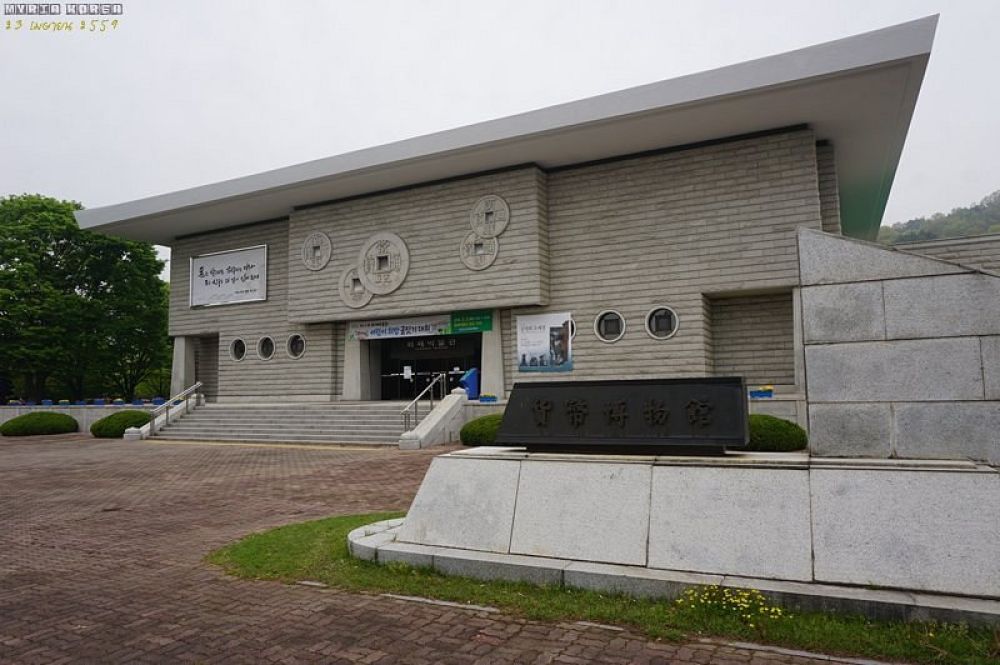

The Currency Museum of Korea in Daejeon is primarily dedicated to the history and evolution of Korean currency, showcasing various forms of money used throughout different eras in Korea. While the museum does not specifically focus on food history, it offers a reflection of the economic backdrop against which Korea's culinary traditions have evolved.
Food in Korea has a rich history that is tied to its agricultural past, royal court cuisine, regional specialties, and cultural practices such as fermentation. Innovation and economic changes, often reflected through different currencies, have undoubtedly influenced Korea's food culture as well.
| Restaurant Name | Address | Famous Dish | Type |
|---|---|---|---|
| Yuseong Hot Springs Bibimbap | 32 Oncheon-ro, Yuseong-gu, Daejeon | Bibimbap | Vegetarian/Non-Vegetarian* |
| Jungang Hoegwan | 145 Dunsan-ro, Dunsan-dong, Seo-gu, Daejeon | Korean Table d'hote | Non-Vegetarian |
| Gungjeon Bakery | 480 Daedeok-daero, Seo-gu, Daejeon | Various Pastries and Breads | Vegetarian |
| Mr. Ahn's Craft Makgeolli | 17 Daejeon-ro 1236beon-gil, Daejeon | Makgeolli and Traditional Pancakes | Vegetarian/Non-Vegetarian |
*Please note that Bibimbap can be prepared without meat for a vegetarian option.
While visiting the Currency Museum of Korea, tourists can immerse themselves in the rich food heritage of Daejeon by exploring nearby eateries that offer a taste of both traditional and modern Korean cuisine. The vegetarian label in Korean cuisine can often be flexible, as dishes are sometimes modified to cater to dietary preferences, but traditionally, many may include fish or seafood components.